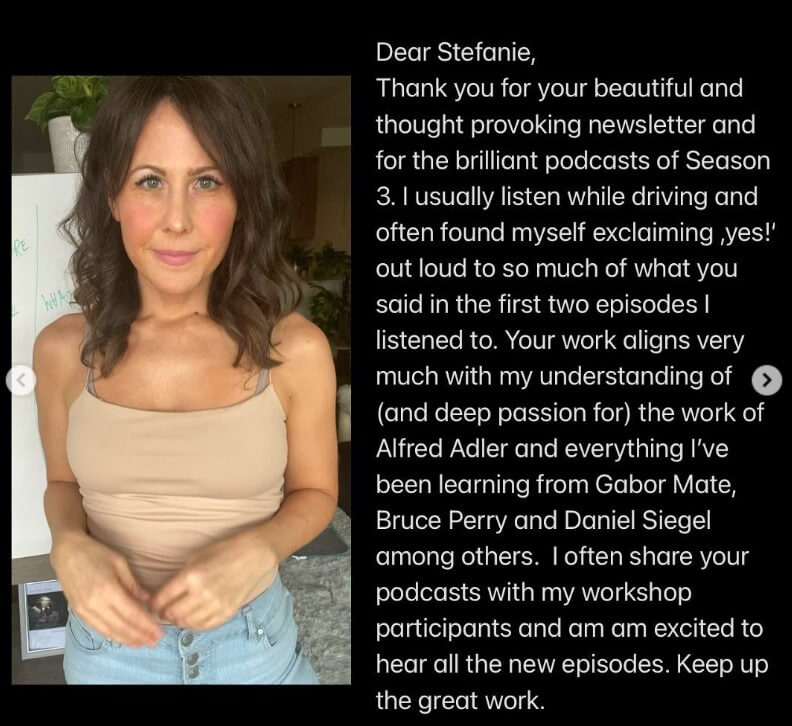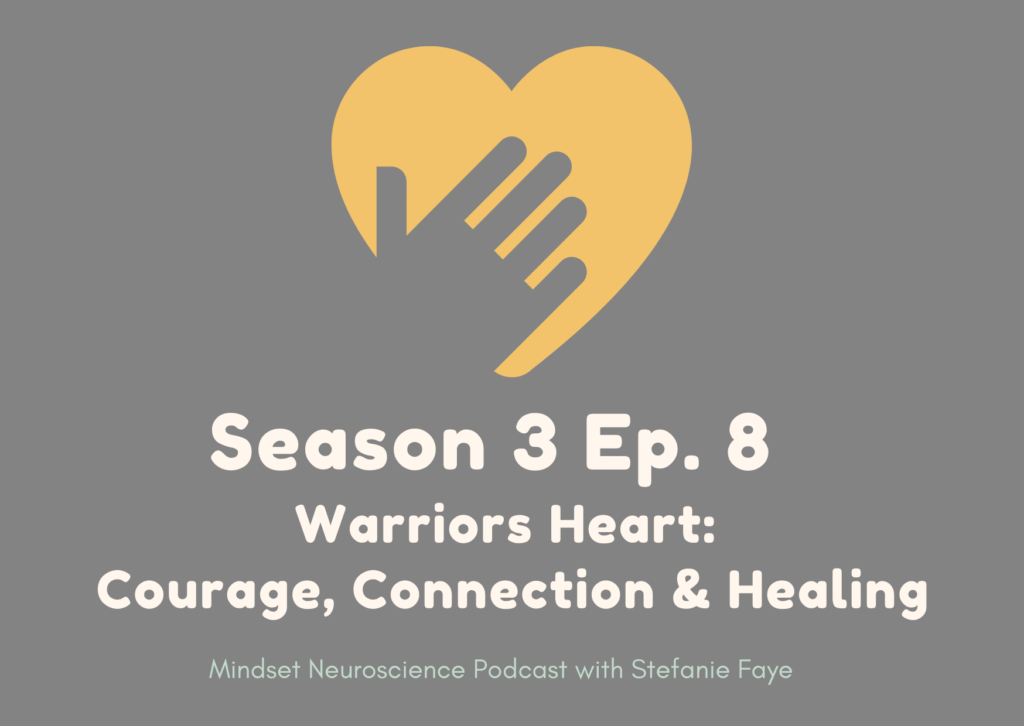
When we talk about the importance of coming together with others, who we surround ourselves with, and what we do when we come together matters.
It’s not just about connecting and bonding.
In fact, the bonding hormone oxytocin has been found to increase in-group conformity and is tied to hostility to outsiders when the in-group* is aware of a competing group or perceived enemy. While there are evolutionary reasons for this and this is not necessarily a negative thing if the threat is real, in many of our social matrices, we may not realize how many unconscious (and algorithm-based) biases are affecting who we perceive as our in-group. Because of this, humans are missing out on massive opportunities for collaboration and joint-problem-solving. Not only that, but these unconscious-driven divisions activate our defensive systems more often than is needed, which is detrimental to our mental and physical health.
*An important aspect of this I'll cover in later content is what type of criteria we use to create in-groups
The activities we engage in, and the words we speak within our social groups can contribute to a sense of inadequacy, rage, stress, and anxiety… Or they can help us feel motivated and compelled to make the world a better place. If our hope is for positive change, we need to be conscious about creating space for creativity, innovation and coming together with strengths-based approaches - rather than gossip, judging others and negativity.
When we come together with others, are we talking about how to solve problems together? Or are we just talking about other people? Are we saying something new about the issues we face? Or are we repeating the frequencies of the echo chambers we’ve always been a part of? Speaking negatively about others doesn’t give our brains the data it needs to explore solutions unless we are genuinely trying to understand - from a systems thinking perspective - how to deepen our understanding of human behavior.
Do we believe in humanity’s capacity to improve and contribute to a higher level of well-being? Or are we adopting a fixed mindset - believing that change is not possible and humans will never get it right?
The dialogues we engage in feed into the neural activity of our own belief structures and internal working models. A follow up question to that… are we doing more than just talking? Are we using our voices, our hands, limbs and bodies to move, speak, connect, explore in new ways that actually lead to innovations or models for new, more desirable futures?
As humans, we have the capacity to become more conscious of not only who we surround ourselves with, but what we are doing when we are with them. In doing so, we can lower our tendency towards unconscious, mammalian-neurochemically-based behaviors, and increase our skills in building others up through conscious, complex, empowering and compassionate dialogue and action.
With LOVE from Me to You
xoxo Stefanie

p.s. - If you haven't heard my latest podcast episode, I hope you get a chance to check it out!
#builders #solutionoriented #resilience #healing #awareness #prepared #gohumans #newheights #newera #resilience #mindset #neuroscience #heartbrainconnection #community #team #familyunit #powerpartnership #mission #purpose #endurance #warriorsheart #behindthescenes #offscreens #outdoors #nature #longtermvision #love #love #love #unity #unifiedpurpose #cometogether #humanpotential #genx #awakening #unraveling #crisis #passingdownwisdom #futuregenerations



